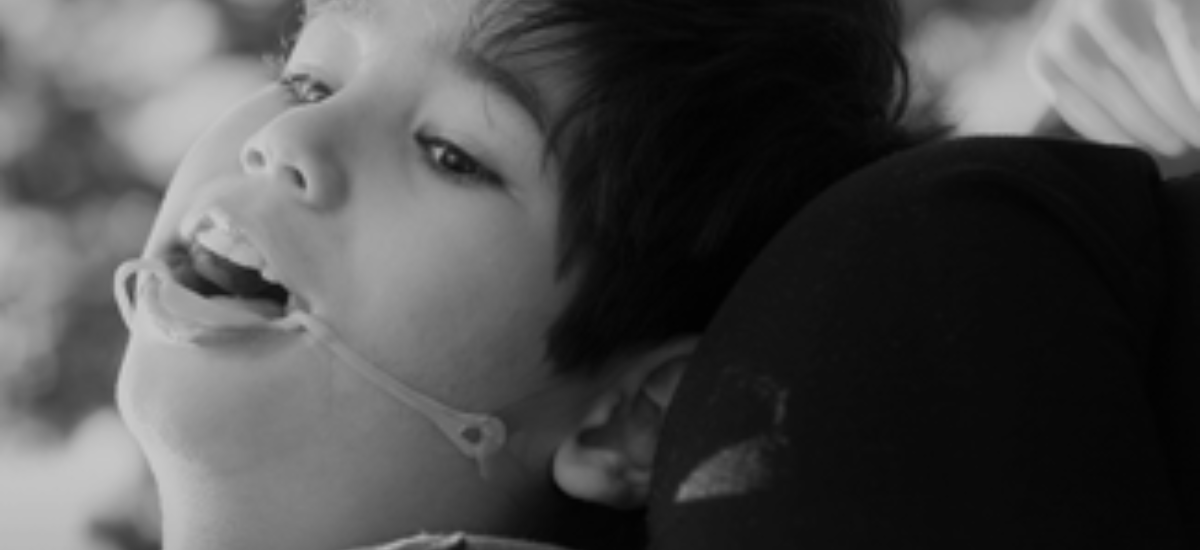As high tech and medical care intertwine, research engineers are looking at robotic clothing to help children with cerebral palsy gain more control over how they move their arms.
According to the Centers for Disease Control and Prevention (CDC), cerebral palsy (CP) is the most common motor disability experienced by children. Cerebral palsy is a group of neurological and motor behaviors that affect children in different ways, with varying levels of disability. CP can be caused by abnormal development of the brain during pregnancy, genetic factors, or hypoxia, or lack of oxygen during a traumatic birth process.
Treatments and therapies for CP can assist children with motor and other functions. One of those therapies may be the development of “soft machines” to help children with CP learn and gain control of some of their physical moments.
Researchers at UC Riverside are developing soft yet hardworking clothing that can help children move their limbs. Funded by a $1.5 million grant from the National Science Foundation (NSF), scientists are looking at fabricating soft hardware that can be used to guide movements without heavy, rigid, prosthesis. The leader of the research team, Dr. Jonathan Realmuto, said “Hard materials don’t interact well with humans. What we’re going for by using materials like nylon and elastic are essentially robotic garments.”
Researchers are building garments with which a child can practice making movements with an assist from a sleeve they might be wearing. Said Dr. Realmuto, “Let’s say you want to flex the elbow for a bicep curl. We can inject air into specially designed bladders embedded in the fabric that would propel the arm forward.”
The project aims to use commonly available textiles and keep the technology straightforward in order to keep the cost of the sleeves in the realm where families could purchase them for their children. Scientists involved with the program are not only fabricating, but developing sensors, along with programmable algorithms to enable the soft sleeves to learn to predict the movements that the wearer might want to make.
The research team hopes to help disabled communities do more. Notes Dr. Realmuto, “If we can help kids brush their own teeth, pour water or open doors, actions that others take for granted, it’s a huge win for them. But it’s also a win for their families and caretakers.”
Aggressive legal representation when you are injured by a healthcare provider in Maryland and Washington, DC
With decades of successful litigation experience, Schochor, Staton, Goldberg, and Cardea, P.A. is well-known for skilled legal service on behalf of our clients seriously injured through medical malpractice. Contact us today or call 410-234-1000 to schedule a free consultation to discuss your case.













